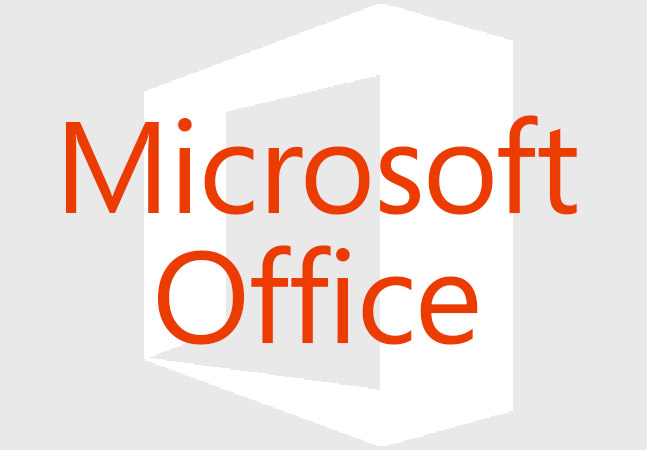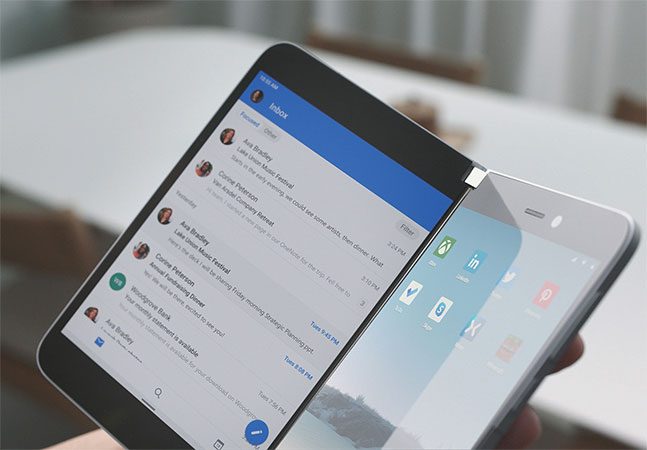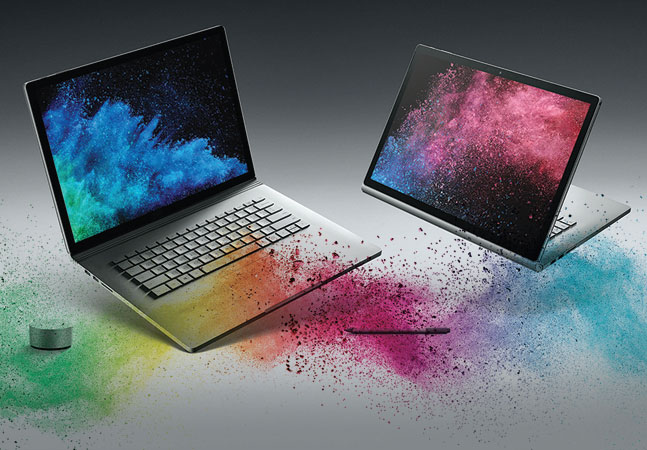
It's that time of year again to make some bold proclamations on what our tech future has in store for us.

Let's take a look back and see how I did with my tech predictions made 12 months ago.

Brien breaks down his initial thoughts and ideas on how Microsoft Loop can be used in productivity.

Brien walks you through getting started in the latest Microsoft 365 feature, currently in preview.

Brien breaks down how our metaverse future will change how we interact with technology in the coming years.

With something so abstract as digital space, our ideas of what it can be may differ from one another.

Keep your accounts and data secure before discarding your old machine.

Does the advice of keeping redundant data backups still hold true today?

Brien shares a few of his favorite additions to the latest version of Microsoft's productivity suite.

Time to put Microsoft's new OS to the ultimate test -- day-to-day use on the road.

As a bridge device, Microsoft's smartphone offering can mostly handle what you throw at it.

Learn if your machine can jump over the most confusing hurdle for Windows 11.

Microsoft is making logical moves to address issues with the first version of its flagship smartphone.

The new flagship Microsoft hardware comes with a mixed bag of improvements and downgrades.

While the feature takes a big step forward with the new OS, there's still some ground to make up, compared to other third-party options.